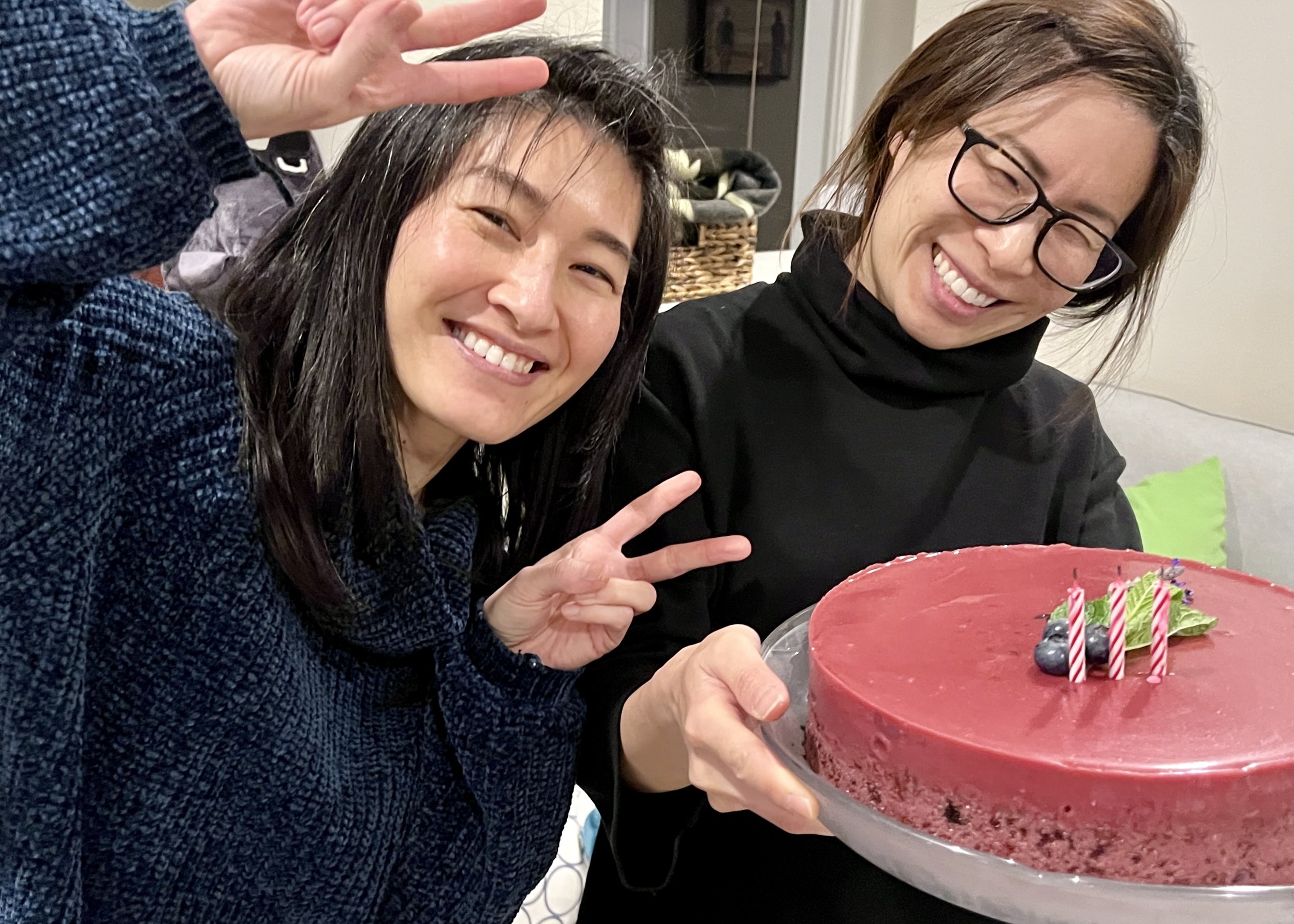Superbloom Party: Cultivating Belonging
Earlier this year, I threw a Superbloom party. That’s what my friends have started calling it. It’s a gathering of women around a theme that promotes health, vitality and wellness in midlife and beyond.
You see, for whatever reason, I’ve always felt like a misfit. Like a zebra in a room full of horses, as I recently heard it described. But to live a full life when my default state is isolation, I know I need to be intentional about cultivating a sense of belonging. Actively embedding myself into communities.
To this end, I’ve joined support groups, explored spiritual gatherings, and participated in workshops and retreats around my interests. And when there hasn’t been an existing community or affinity group to get into the middle of, I’ve created one.
As a single woman without children, there are times when it feels like I don’t have much in common with my married friends who are busy running their families. We have very different lives. But I’ve been taught that there’s always some similarity, some common experience to be drawn on for connection.
Sometimes it takes whittling down to the most elemental things—we are women within a certain age range: late 30s-50s. There are some known biological, social, emotional phenomena that take place around this time, marked by the onset of menopause. And we all want to thrive during this time of change. This is enough.
How to Throw a Superbloom Party
The idea is to think of details that incorporate and promote the elements of full bloom living—physical, emotional, spiritual wellbeing to enable the fullest expression of your higher self. For instance, everyone brings a dish with superfood ingredients as the hero, as a reminder that food is medicine. Maybe there’s a table set up for guests to make their own aromatherapy oils and sprays, as a reminder to learn how to regulate stress. Play a round of Superbloom trivia on topics about nutrition, fitness, libido, longevity, etc. (I’ll share resources around these activities in upcoming posts.)
Most importantly the theme gets us talking about real and important things we’re going through.
“When my dad got sick and I was busy taking care of him, helping my mom, and working a stressful job - my own health got really bad.”
“I feel like my brain has been in a constant state of fogginess. And I’m just always tired.”
“I have a to-do list that’s getting increasingly monstrous as the days go by. But I can’t seem to get close to what I’m supposed to accomplish.”
“I was crazy this morning. Got really frustrated with the kids. Yelling at them in the car. Slamming doors. Then crying uncontrollably. It’s hormone’s, right?”
“I can’t believe I’m here again. Feeling hopeless and down on myself. Like nothing’s possible. I thought I was past this at this age.”
Safe Space for Emotional Exposure
You might be thinking this seems heavy for a party. (And there’s even a test?!) But we’ve learned from Brene Brown that vulnerability, or “emotional exposure,” is at the core of belonging and wholehearted living. We need to talk about things.
Regardless of background—women’s health, wellbeing and vitality have been under-prioritized subjects … even amongst women. We’ve been told not to complain, not to be emotional, to quietly endure the conditions of our overfilled lives, our changing physiology and psychology. But Covid reminded us to question the way things have always been. To mobilize toward an alternate existence together.
It starts with bringing things to light.
“Vulnerability is not weakness. It’s probably the most accurate measure of our individual courage.”
—Brene Brown
